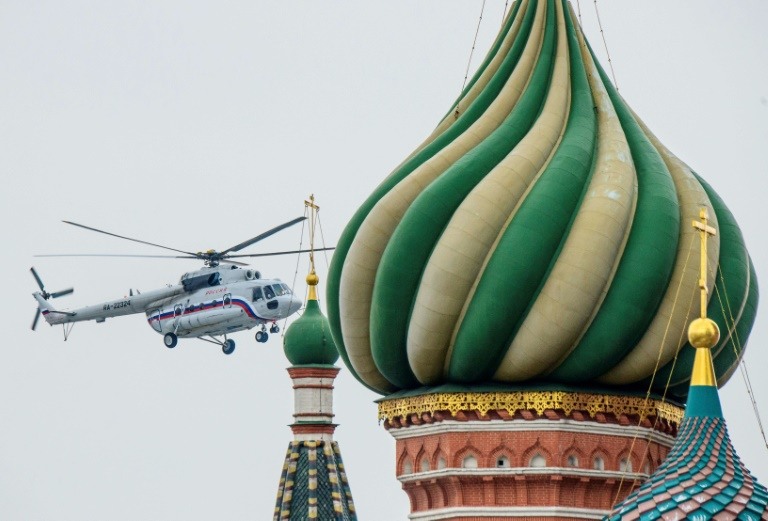For the past 10 years, press freedom has been on the decline, but the rise of leaders who want to consolidate power and find new ways to repress independent journalism has exacerbated the problem, according to new figures from a Freedom House report released Wednesday.
The growing trend of a suppressed press is linked to the global decline of democracy and the rise of the right-wing populist movement, according to the report.
“In some of the most influential democracies in the world, populist leaders have overseen a concerted attempt to throttle the independence of the media,” Sarah Repucci, senior director for research and analysis, said in a press release. “While threats to global media freedom are concerning in their own right, their effect on the state of democracy is what makes them truly dangerous.”
NEW REPORT: Threats to media freedom are having dangerous impacts on the state of democracy worldwide, according to the new #FreedomAndTheMedia report. https://t.co/gcb6S0aLos pic.twitter.com/HxlDQrzj8V
— Freedom House (@freedomhouse) June 5, 2019
Although a decline in press freedom is being seen in many regions, countries in Europe, Eurasia and the Middle East are the most affected. According to the report, Europe, which has previously been known for its democratic freedoms, saw an eight percent drop in press freedom. Whereas Eurasia and the Middle East, which are home to some of the harshest dictatorships, saw their press freedom decline by nine and 11 percent respectively.
In many countries that have right-wing populist leaders, there has been a rise in concerted efforts to control the press. This is being done through governments buying large news outlets, silencing journalists and encouraging distrust of the news industry among citizens. Since 2014, leaders from countries such as India, Israel, Hungary, Serbia, Austria, and the United States have all attempted to restrict their press’ ability to report through these tactics, according to the report.
“The media have fallen prey to more nuanced efforts to throttle their independence. Common methods include government-backed ownership changes, regulatory and financial pressure, and public denunciations of honest journalists,” stated the report.
The steepest declines in media freedom have come not just from dictatorships in the Middle East and Eurasia, but also from mostly democratic Europe. #FreedomAndTheMedia
— Freedom House (@freedomhouse) June 5, 2019
In the past, many journalists around the world would rely on the U.S. to come to their defense if they felt that their rights were violated, according to the report. But in recent years, President Donald Trump has shown through his rhetoric his disdain for the media and this has prompted journalists not only in the U.S. but globally to lose trust in America’s protection of journalists.
“Journalists around the world now have less reason to believe that Washington will come to their aid if their basic rights are violated,” stated the report.
Of all the countries which showed a decline of press freedom in the last five years, 63 percent also showed that there was violence directed toward journalists in some capacity. Recently, the most talked about case of violence was the 2018 murder of Washington Post columnist Jamal Khashoggi who was killed in a Saudi Arabian consulate for his negative coverage of the country’s leaders, but this is just one of the many incidents in recent years.
Saudi Arabia is rated Not Free in Freedom in the World 2019, and consistently ranks among the Worst of the Worst for political rights and civil liberties. https://t.co/KztRiRcUBA
— Freedom House (@freedomhouse) June 5, 2019
However, the news is not all bad. In Ethiopia, Malaysia, Armenia, Ecuador, and The Gambia the report found that with their increased democratic progress there was also a rise in press freedom. And countries in the Americas and Asia-pacific saw no net change in press freedom since 2014, despite some efforts by country leaders. Also, the report stated that freedom of the press is often one of the first democratic components to come back after times of oppression.
“Experience has shown that press freedom can rebound from even lengthy stints of repression when given the opportunity,” said Repucci. “The basic desire for democratic liberties, including honest and fact-based journalism, cannot be extinguished.”























